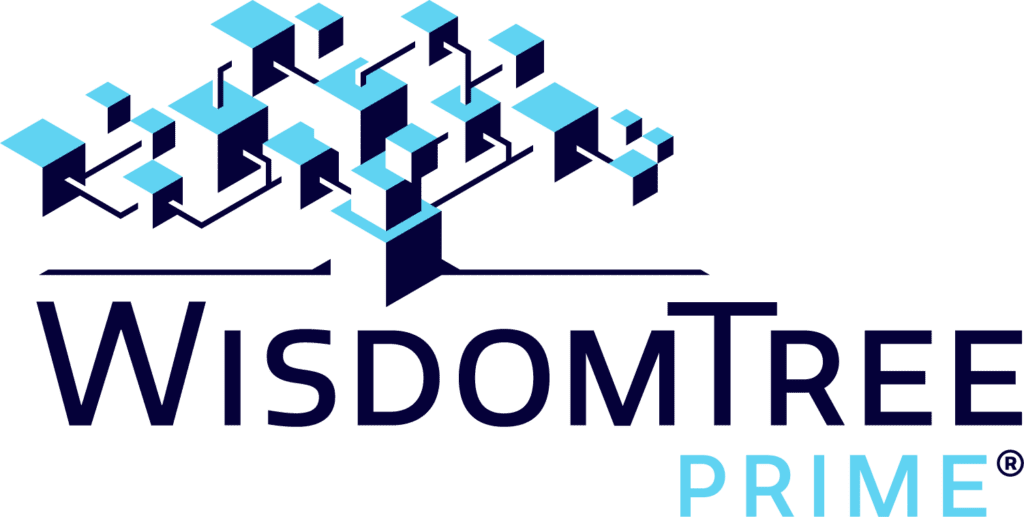Misconception #1: “Blockchain is only about Bitcoin”
Truth: Bitcoin made cryptocurrency history, but blockchain could hold the future
The idea that blockchain, defi and crypto all refer to the same thing is a common misconception. While these terms are tightly interconnected, they’re far from synonymous.
Bitcoin was of course the first cryptocurrency. Blockchain technology, an open source distributed database, was the underlying infrastructure that enabled bitcoin to be stored and transferred without any central clearinghouse. It was an open, transparent means of knowing who owns what bitcoin. Given that the Bitcoin network used a distributed database from day one, the confusion is understandable. But while bitcoin has established a place in financial history, blockchain technology has its own incredibly outsized potential. The layers of innovation it has already spawned are incredible. Among other things, the blockchain is at the core of a more decentralized, less silo-d, internet-native financial services system we believe could provide numerous use cases in the future (but we’ll touch on that in a moment).
In the simplest terms, blockchain technology is about record-keeping. It’s a system of ownership and transfer that clearly tracks where things are. By initially enabling the development and evolution of cryptocurrencies, blockchain technology led to a big breakthrough: the Ethereum network.
Like bitcoin, Ethereum has a native cryptocurrency. But when you look at how it functions as a protocol (i.e. a set of software rules), you see it’s something much, much bigger. That’s because the innovators behind Ethereum posed the question “instead of just storing a record of our cryptocurrency transactions, like bitcoin did, why can’t we store computer code?” The answer was the first smart contract platform – the idea of using a big, decentralized network to store highly complex computer code instead of just digital assets. This complex code (technically a ‘Turing complete software language’, but let’s not go down that rabbit hole) can run all kinds of transactions, and process them in a far more automated way.
Since there’s almost no limit to what can be digitized, this was a monumental breakthrough. In finance, for example, it means any assets you hold – your commodities, your treasuries, your equities, your ETFs – can now be owned, stored, transferred and sold digitally. So financial consumers everywhere are poised to benefit – if the right service is offered to them.
Here’s another example. You’ve likely been hearing about NFT’s (non-fungible tokens – the Collins Dictionary word of the year for 20211) in the news. Although they’ve become synonymous with digital art and other collectibles, NFT’s represent far more than those narrow examples. An NFT is essentially a digital ownership certificate for something only you possess (because you hold the private keys – but again, no rabbit holes). It represents value that is unique to you, which is recorded on an open-source, distributed database. If you’re fortunate, that NFT could represent a Picasso hanging in your hallway. But it could also represent your house deed, credit score, frequent flier miles or healthcare benefits – which opens up the system to a much larger population who access a host of new benefits. Anyone who has ever switched healthcare providers, for example, knows the process can be cumbersome. But if your healthcare benefits were on the blockchain and accessible through a digital wallet, you could quickly switch credits from one provider to another and eliminate the centralized infrastructure and architecture. That level of control and transferability gives consumers power. In today’s system, big companies are geared to lock you into their ecosystems. In a DeFi world, they’d have to compete for your business based on merit alone because you would have the upper hand (i.e. private keys). When companies know they have to compete for your business across all their offerings, it elevates their product innovation, raises quality, and drives down prices. It means more value and a better consumer experience.
ETFs are a great example of this in the financial world. 20 years ago, mutual funds were less innovative than today, their costs were higher, and investors could only access products in their provider’s ecosystem. Then ETFs came along and changed everything. If you had a brokerage account, you could access every fund from every provider, which meant providers had to compete on the things that matter to you – product innovation and cost.
That’s what a decentralized system and the blockchain could do for billions of people.
In today’s limited financial system, individual countries operate under their own technology and regulations. DeFi and the blockchain clear a path to a solution that can give billions of people access to a simpler and more transparent system. And more people accessing the system creates an increasingly competitive marketplace.
At WisdomTree, we want to make this happen. In the 1990’s, the world wide web changed our lives. However, we don’t think the financial world has had its “internet moment” yet. We believe blockchain is the technology that can enable it – just as it enabled the birth of bitcoin and cryptocurrencies, digital assets, smart contracts, and innovative products like our own WisdomTree Prime. What an exciting time in financial history!







